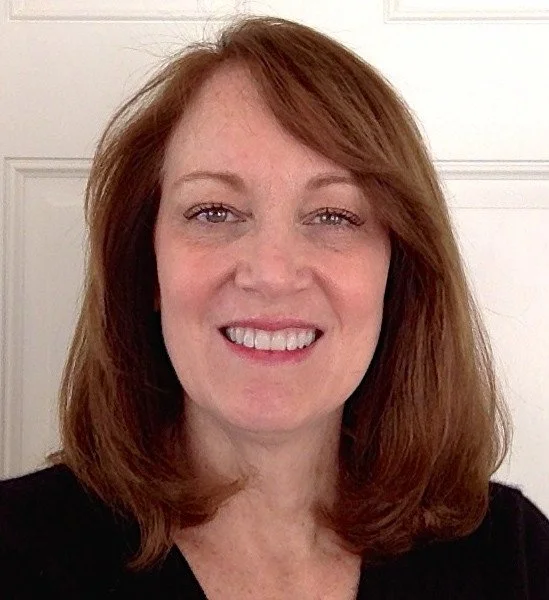Saetbyul (Clara) Kim (The Ohio State University)
I had the privilege and pleasure of participating in and enjoying the luncheon mentoring session on July 22nd, 12:30 p.m. I initially believed I was missing the venue because area of gatherings was scarcely visible. 'No way- I'm not missing it; where is the mentoring session taking place?' I was bewildered at the time as a volunteer student who offered to help with greeting participants. In fact, a group of people began to congregate at the very end of the venue. My heart was soothed after seeing them.
Looking back, it was a huge joy to spend around an hour so with the seven of us plus Dr. Daniel Lapsley (who I frequently cited in my candidacy exam papers).
We, the mentees, from all over the world, from Philippine, United Kingdom, South Korea, and all the different regions in the United States, began asking burning questions.
"How did you deal with challenges as a professor?" "What are some crucial factors to consider when applying for jobs?" "How do you get started to build collaborative relationships with people from various areas for interdisciplinary research?" "As a moral psychology specialist, what do you believe is most significant in teenage growth these days?"
Our questions went on and on and Dr. Lapsley's responses continued, much like a ping pong. :)
The hour was rich, engaging, and useful, full of authentic questions and practical advice. If I had not boldly made my mind to visit Manchester to attend the AME, I would not have had a chance to borrow Dr. Daniel Lapsley's wisdom. Insofar as it was a priceless chance for me, I also loved and valued the company of other researchers from a variety of disciplines whose focus is moral education. First, as one of just a few of scholars investigating "purpose" in the area of educational psychology, I was thrilled to see so many sessions on the topic. Believe it or not, at one of the largest conferences I attend as an educational psychologist, I seldom encounter anyone who presents on life purpose in my division. On the contrary, I truly felt at home throughout the AME, where I listened to, asked questions about, and participated in discussions about life purpose, civic learning, and moral growth. I got reconnected to Dr. Seana Moran; I met Dr. Tobias Krettenauer in person for the first time after a virtual meeting; I introduced myself to Dr. David Ian Walker; and I had a chance to converse with David Kohlberg about just community, all of which are still so vivid in my memory.
I have this optimistic and exciting picture of a future AME community where junior and senior researchers gather around tables together, intellectually challenging and socially emotionally encouraging one another as they discuss and brainstorm the future directions, topics, and particular methodology of research in moral education.
‘What is an alternative methodological technique to interview and self-report surveys for assessing life purpose?’ ‘What are our positions as moral education scholars in regard to dealing with contentious topics?’ ‘How do I present myself as a scientist and researcher if the study of morality is intrinsically founded in philosophical/religious origins?’ ‘What are our thoughts on value-laden education when things are so readily construed as politically correct vs. incorrect?’ ‘How implicit or explicit moral knowledge varies between cultures, and how is this portrayed in the educational landscape?’
Leaving these recurring and lingering questions in mind, I will wait for another chance to experience the collective wisdom and kind pleasantries that I enjoyed so much in 2022 Summer.
As a young scholar and researcher, I hope to continue the friendships and mentorships I forged at this conference throughout my journeys. I am grateful to Everardo Perez Manjarrez, the organizer for the mentorship session, as well as all the other leaderships and stakeholders who prepared and committed to setting up the stage for this unforgettable experience at the AME!




